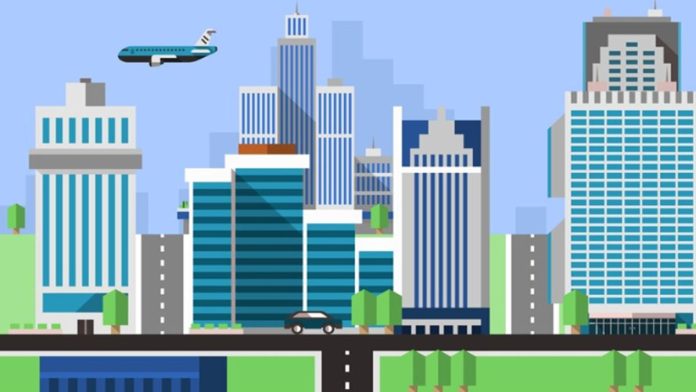The urban landscape of the Global South, particularly in countries like India, Bangladesh, and other South Asian nations, faces an array of challenges as cities undergo rapid urbanization. In India, major cities grapple with socio-economic inequality, inadequate infrastructure, and climate vulnerability, highlighting an urgent need to rethink urban development strategies that prioritize resilience and inclusivity. Rapid population growth has outpaced infrastructure in cities like Delhi, Mumbai, and Kolkata, where issues like housing shortages, inadequate sanitation, and limited green spaces are pressing concerns.
Urban planning in India is now more critical than ever, as large-scale projects are launched to enhance quality of life, accessibility, and sustainability. However, these ambitions are often left unfulfilled. In rapidly-developing cities like Noida and Gurgaon, challenges like traffic congestion, air pollution, and inadequate public services underscore the necessity for policies that evolve with population demands and industrial growth.
Addressing Gaps in India’s Master Plans
Many of India’s master plans reveal significant gaps in addressing current and future urban issues. For instance, the Delhi Master Plan 2041 has faced delays, with missed milestones raising concerns about its ability to meet the city’s complex needs. In Ahmedabad, the lack of clear administrative boundaries complicates the city’s development efforts, while Chennai’s third master plan struggles to keep up with the city’s rapid growth and changing dynamics. In Hyderabad, city leaders are advocating for an updated master plan that aligns with modern urban requirements and addresses the environmental and social challenges of today. India’s urban landscapes demand master plans that are not only forward-looking but also flexible enough to respond to evolving urban demands.
Also Read: Top 10 mutual funds for doubling your wealth over time
The recent G20 summit, held under Brazil’s presidency in 2024, serves as a crucial platform for addressing sustainable urban development in the Global South. This initiative is part of a larger agenda and is facilitated by the G20 ‘Troika’ collaboration involving Brazil, India, and South Africa. This dialogue aligned with the G20’s goals of poverty reduction, equality, and improved governance, providing India and other nations a venue to address shared urbanization challenges. The discussions focused on resilience, governance, and climate adaptation highlight common struggles and innovative strategies. The platform organized by G20 along with Observer Research Foundation (ORF) provided a unique platform for leaders across the Global South to collaboratively shape sustainable urban policies that reflect our shared experiences and aspirations.
» Read More


